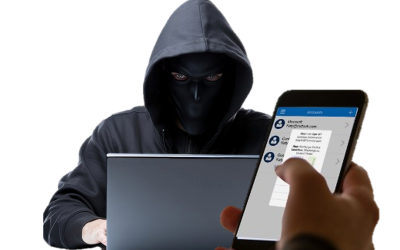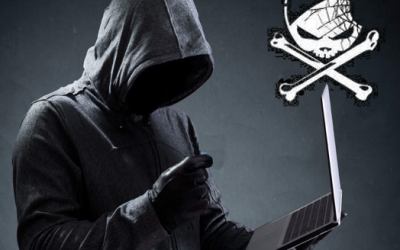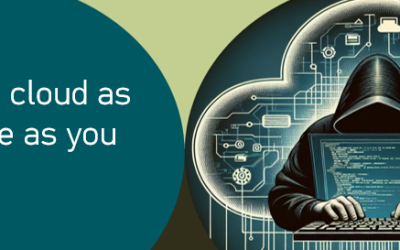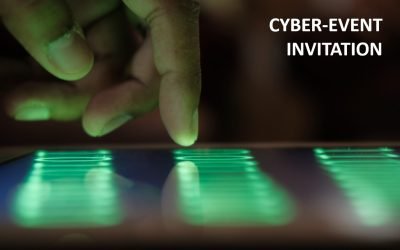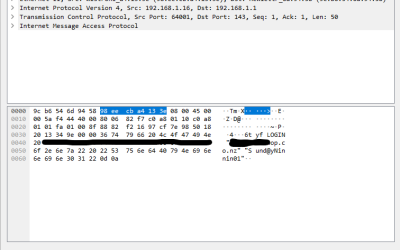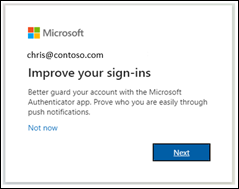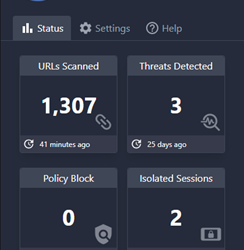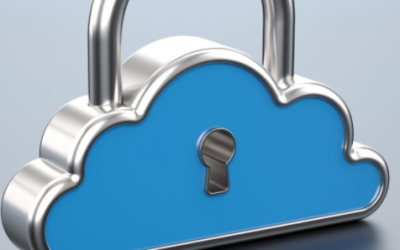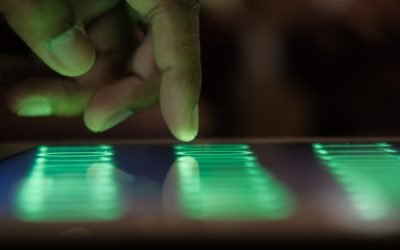Your own personalised stalker
It always seemed slightly creepy that your computer shows advertising that is strangely accurately targeted at things you might have been interested in. On the surface, that seems quite useful. If you have to tolerate ads on your screen, at least having them show things you were interested in seems helpful.
Instead, we wonder how the system knows. It feels like a breach of our privacy.
It all starts when you install an app, and it pops up a question asking for permission to use your location, and/or your camera and/or your microphone.
This is useful for advertisers. For example, they can use your location. If the app reports this back to the content provider, they can match up your location and compare you to other people nearby. If you tend to go to the same places as other people, you are probably interested in the same things, so an advertiser might use that assumption to present advertising to you, or other people that you spend time with.
That does sound a bit overreaching, but we reluctantly agree to the presented terms simply because we want to use the app. If that is a condition of use, and we want to use the app, then we agree.
So, now we are seeing consumers getting the choice to push back.
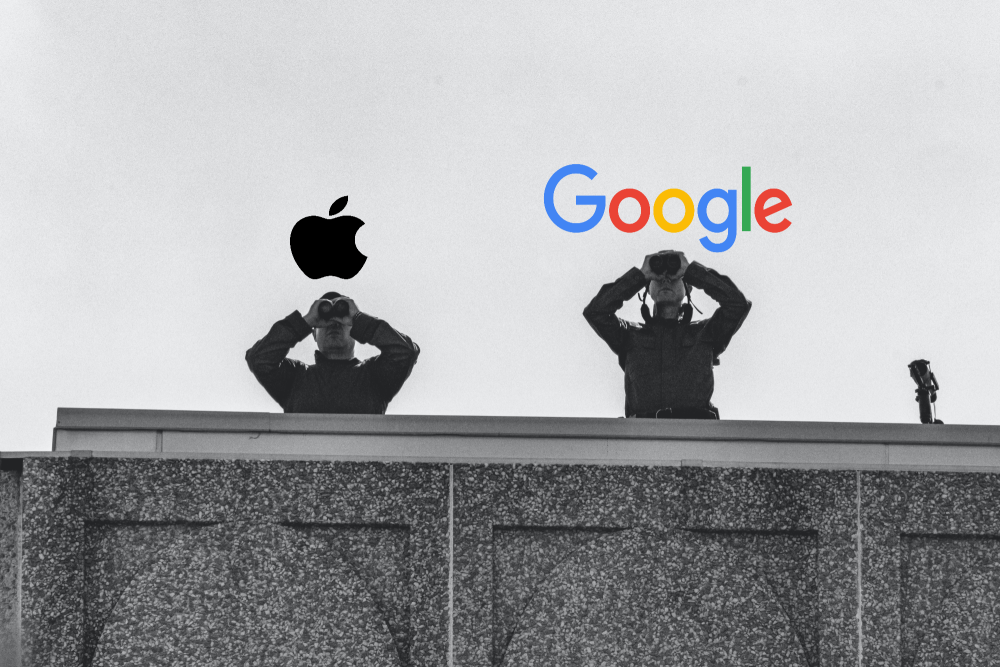
Apple
Now, with iOS15, Apple are saying that you will get to see what apps are accessing your data. You will be able to see when an app used that permission, and there it was sent to. Whether that list of third party sites is any use or not is meaningful is unclear.
Not quite as advanced but following quickly behind is Google Android. With Android 12, you will have the option to de-personalise your data. They will still track usage, but won’t link it back to you.
Is there any truth to the rumour that your phone or TV is listening to you, and presented content based on private conversations it overhears?
Given how poor the voice recognition is on phones , cars, or tools like Alexa or Siri, its pretty evident this can’t be reality. If it, is, then heaven only knows what it thinks it’s hearing. The voice recognition tools are getting better all the time, but there is a long way to go.
Is MFA enough? – the need for multiple cyber security layers.
At Kinetics, we've always emphasized the importance of multi-factor authentication (MFA) as a critical layer in cybersecurity. Without MFA, it's only a matter of time before you fall victim to a cyber attack. However, as we've also mentioned, no single defense is...
Securing your Mac
It does not seem that long ago I would hear Mac users say “I don’t need Anti-Virus”, or "Mac’s are not affected". To a certain extent they were right. Apple's use of tightly controlled application approvals reduced the surface area for attack. Mac users did not enjoy...
How secure is your cloud IT? Is it as safe as you expect?
Your cloud computing can be safe and secure, or open and vulnerable - the choice is yours. With the rise of hacker activity and cybercrime, it’s essential to lock down your cloud and protect it from threats. For most businesses, the standard 365 settings aren't...
What would you do Canterbury? Incident Response Workshop
Mastering Cybersecurity What would you do? Table-top exercise Join us for an interactive table-top simulation exercise. Imagine - you are busy going about your day when suddenly your meeting is interrupted. "No one can access their files" or "We just accidently paid...
Are your legacy IT systems giving hackers a backdoor into your business?
One of our engineers was working on migrating a customer from a legacy email server into Office 365 after we discovered they were under a brute force external attack. The migration required that we receive the users passwords. These would, of course, be reset after...
Service Alert
We're experiencing an extra heavy call volume today and it's proving challenging to respond as quickly as normal. It's been brought on by an apparent Microsoft change resulting in unexpected Windows 11 upgrades. These are happening to a number of devices even if...
Breaking news: New protections added to Kinetics KARE Foundation
We have big news for Kinetics customers on our “KARE Foundation” cyber plan. We've added new Browser Cyber-Protection We’ve found an amazing new security tool called ‘Conceal' that provides even more added protection. Cyber-security is all about layers and this one...
Penetration Testing
Penetration testing is important for businesses because it helps them identify and fix security vulnerabilities before they can be exploited by attackers. It can be a significant job as it needs a team of security professionals to simulate a real-world cyberattack....
What would you do?
Imagine – you are busily going about your day when suddenly your meeting is interrupted. “No one can access their files!!!” or “We just accidently paid $50,000 to a fraudulent account and we can’t get it reversed!!!” or something similar. What would you do? Where...
Security Updates
We need to make some security changes. These are in accordance with the continued work by Microsoft to protect 365 users. This will keep your configuration current with their latest advisories but may have some (limited) impact on your IT experience. It is all about...

